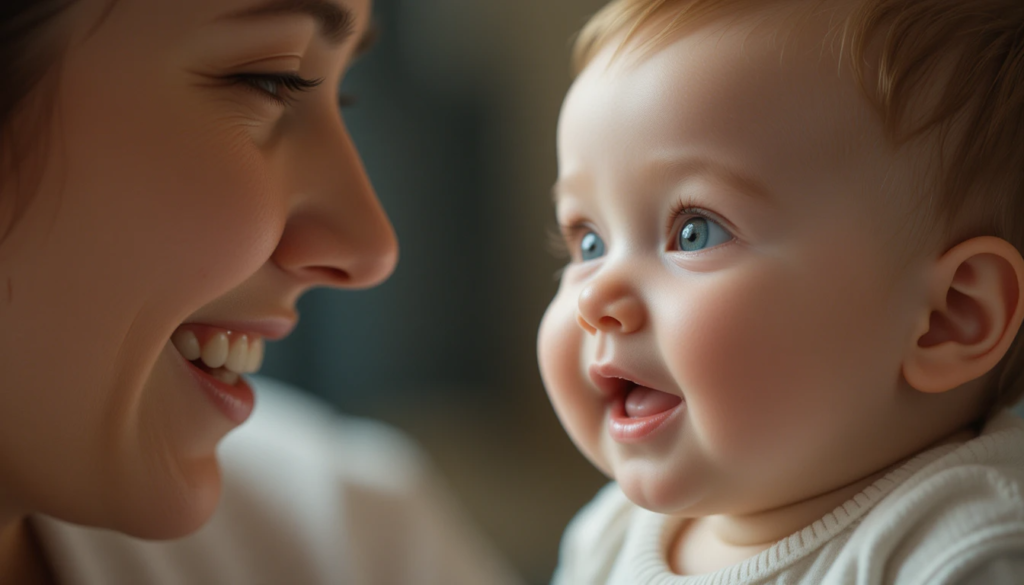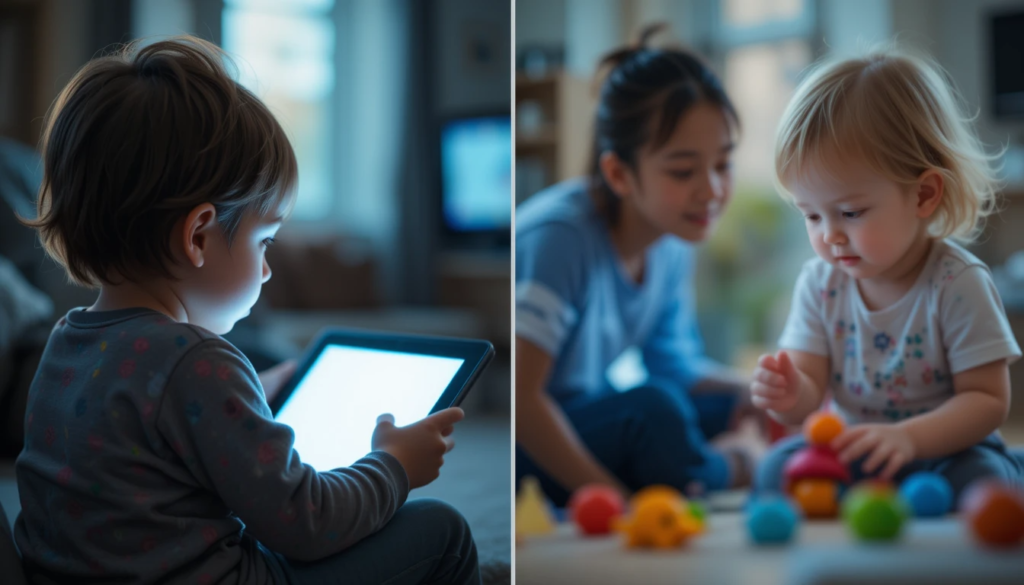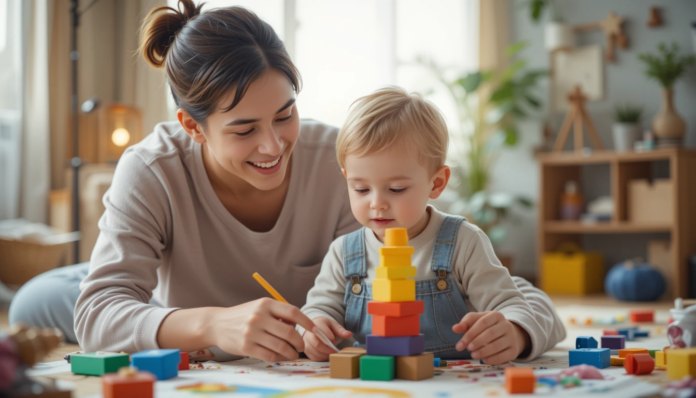Early childhood education tips? Yo, they kept me from losing it as a new parent in this wild ride. Here I am in my Miami living room, 04:15 PM IST September 2, 2025—wait, that’s India time, my bad, it’s 05:45 AM EDT September 2, 2025, with the humid air sticking to me and the faint smell of spilled juice from my toddler’s tantrum still lingering. Back when I started, I thought parenting was just love and snacks, but my first playtime? Kid drew on the walls, I tripped over blocks—total chaos. Like, seriously? I’d tell myself I’d teach ‘em right, then lose my cool, contradicting my “I got this” vibe. Early childhood education tips became my lifeline, but man, I flopped hard before getting it. Hard, yo.
One time, I tried a learning game, spilled milk on the cards—yep, sticky mess—and my kid cried. The room smelled like sour milk and desperation, my shirt stained as I tried to laugh it off. Big wake-up call. Started digging into early childhood education tips, but I thought it’d be easy—boy, was I wrong. It worked, even if I still mess up sometimes. Mess up, ugh.

Why Early Childhood Education Tips Are a Must (Even with My Blunders)
Parenting’s a rollercoaster, and without early childhood education tips, I was lost. Screwed up a storytime ‘cause I picked a boring book—kid zoned out. Sitting here, humidity buzzing, faint crayon scent from my kid’s art, I can say these tips saved my sanity. Thought I could wing it with hugs—big nope. I’m better now, but real talk, I still panic over tantrums. Panic, yeah, the worst.
Here’s why they matter, from my flops:
- Builds skills: No more blank stares from my toddler.
- Keeps me sane: Even if I mess up the schedule.
- Helps growth: Saw progress ‘cause of these tips. Tips, sorta.
If you’re a new parent like me, American and stressing, early childhood education tips are your guide. Don’t expect to ace it—I’m still learning. Still learning, man.
Top Early Childhood Education Tips That Worked for Me (And My Epic Fails)
Here’s the deal—early childhood education tips that got me through, jotted from my Miami chaos with a creaky couch and a block tower my kid knocked over. Some I rocked, others I tanked, ‘cause I’m human, right? Linking legit sources for cred—check https://www.naeyc.org for real advice. Real stuff, yo.
Kickoff Early Childhood Education Tips: Where I Started (And Stumbled)
- Read Daily – Started with books, but picked a dull one—oops. Switched, kid loves it now. (https://www.naeyc.org/resources/)
- Play with Purpose – Tried blocks, tripped over ‘em—cringe. Learned, it’s fun now. (https://www.parents.com/)
- Set a Routine – Made a schedule, forgot nap time once—panic. Adjusted, works better. (https://www.zerotothree.org/) Works, yeah.
Next-Level Early Childhood Education Tips: My Half-Wins
- Sing and Dance – Loved the energy, zoned out mid-song—yikes. Got back, kid’s grooving. (https://www.pbs.org/)
- Limit Screen Time – Set rules, let ‘em watch too long—ugh. Cut back, better focus. (https://www.healthychildren.org/)
- Ask Questions – Encouraged talk, misheard answers once—oops. Clarified, good chats. (https://www.edutopia.org/) Chats, kinda.

Why These Early Childhood Education Tips Rock: Where I Pretended I Was Pro
- Story Magic – Books hooked my kid, but I read the wrong page—embarrassing. Fixed it, they love it.
- Block Fun – Building taught skills, argued with my kid over it—oops. Laughed, learned together.
- Nap Wins – Routine calmed us, but I overslept once—ugh. Still got it down.
Couch’s creaking, tower’s down—ugh. These early childhood education tips? Some clicked, others I botched like a parent rookie. No shame, just me being me. Me, the chaos mom.
Advice to Nail Early Childhood Education Tips (Even with My Mess-Ups)
Here’s how I rocked early childhood education tips, from my living room wreck. Bombed a craft day once, room smelling like glue and my stress. Start small—tried big projects, kid cried. Check sites like NAEYC for tips, even if I skimmed one. (https://www.naeyc.org) Take notes—I scribbled on receipts, lost ‘em, so embarrassing. Breaks help—I skipped ‘em, zoned out mid-play. Zoned out, yeah.
Biggest fail? Overplanning. Thought I needed a perfect day, kid rebelled. Early childhood education tips need flex, man. Also, chill vibes—juice is cool, but I spilled it on my shirt once, total disaster. Disaster, yo.

Wrapping Up My Rant on Early Childhood Education Tips
Spilling this about early childhood education tips feels like venting over snacks with a pal—just me, creaky couch, Miami heat outside. These tips kept me from parenting meltdown, but they showed I’m a mess—spills, zones, all of it. I love the idea of raising a genius but still fumble, contradicting my own hype. They made early learning doable for a goof like me. Try ‘em, yeah? Drop a comment with your parenting tips or flops—I wanna hear your chaos. Or share what worked. Wait, did I say that twice? Whatever, brain’s fried. Might’ve repeated myself, or maybe I meant to. Early childhood education tips, they’re gold, but I’m still a work in progress. Prolly forgot something. Oh well, you get it. Peace out. Out, man.




